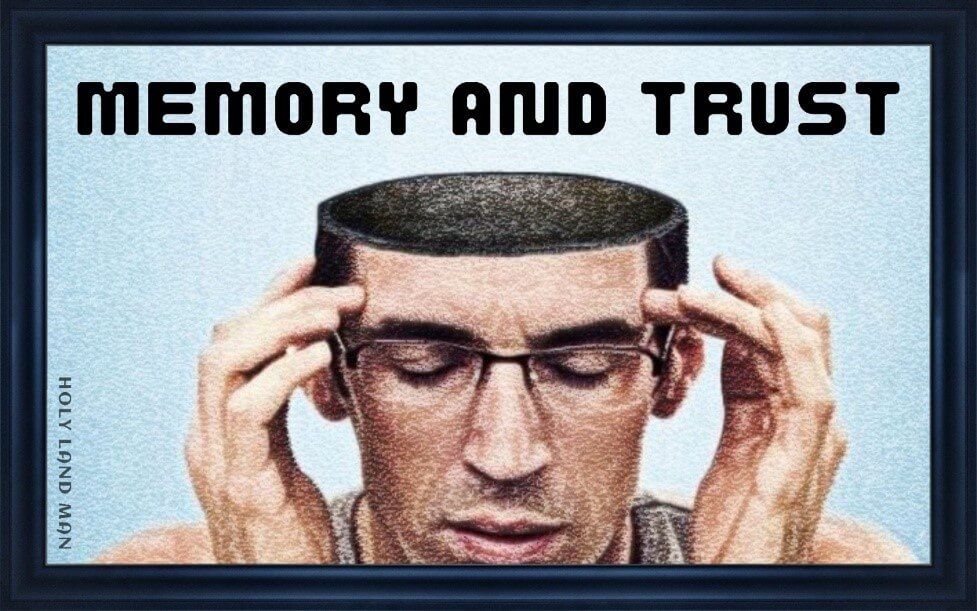Had the People Of The Bible (Jewish tradition) described only natural events, such as wars or settlements in the land, most likely no special doubts would have arisen against it. What “draws fire” against it is mainly the descriptions of its supernatural events. Many people find it difficult to believe in the existence of the supernatural, or in the existence of GOD in general, and as a result, they disregard the evidence describing such revelations.
Stories like the plagues of Egypt and the parting of the Red Sea sound to them like imaginary legends, and for that reason, they refuse to accept these recounted events. In addition, the events described by tradition have practical implications for us even today: if they did occur, it means that we must live by the instructions of Judaism and keep the Torah (Bible) and mitzvot (good deeds).
In such a case people want to have stronger evidence, as opposed to believing in just historical events that have no implications for our modern and contemporary lives.
Are miracles a realistic proposition, or did they occur at all? The answer to this question is that reality must be learned from experience, and not presupposed in advance as to what can be and what cannot be as realistic. Such assumptions easily lead to the logical failure called the requested assumption. For example, the skeptical philosopher David Hume claimed that whenever we are told about a miracle that has happened, the logical choice is to believe that it is a lie or a mistake, because lies and mistakes are a familiar and common occurrence, whereas miracles are not part of that reality we know. The problem with this argument is that it assumes the desired. In other words, it assumes that there are no miracles in the world, and therefore states that evidence about them is not credible. And because no evidence of past miracles can be believed, the conclusion is that there are no miracles occurring in the world. This is of course not a logical conclusion of the argument, and therefore it is a failure of the kind of assumption that has been described. Pre-denial of any testimony about miracles is as illogical as blind faith in any such narrative. True, miracles are by definition a rare and extraordinary event, but that does not negate the possibility that they did exist.








